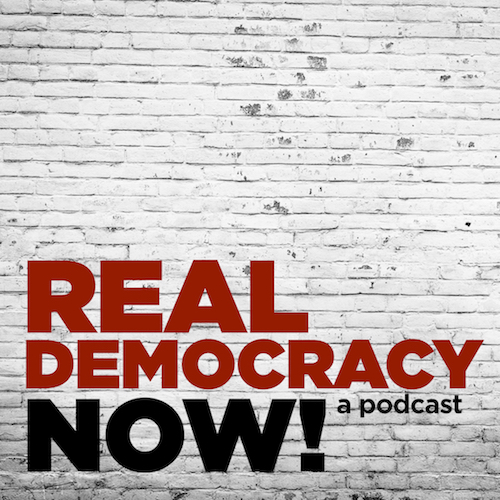1.19 Deliberative mini-publics – some critiques
In this episode I speak to three academics who each take a critical perspective on the operation of deliberative mini-publics. Each of them takes issue with a different aspect of the impact or influence that the recommendations coming from deliberative mini-publics have on public policy.
And Roslyn Fuller provides another perspective suggesting that citizens may change how they approach decision-making within a deliberative mini-public depending on whether they believe their recommendations will be implemented or not.
This is the final episode of Season 1 looking at deliberative mini-publics. If you haven’t already listened to episodes 1 – 18 I’d suggest you go back and listen to them all, starting with Professor Carson explaining what deliberative mini-publics are in episode 1.1.
Season 2 will look at the history of democracy, the dominant model of representative democracy, as well as what is working and what isn’t.
Season 2 will commence in mid-March. I hope you’ll join me then.
Check out this episode!
